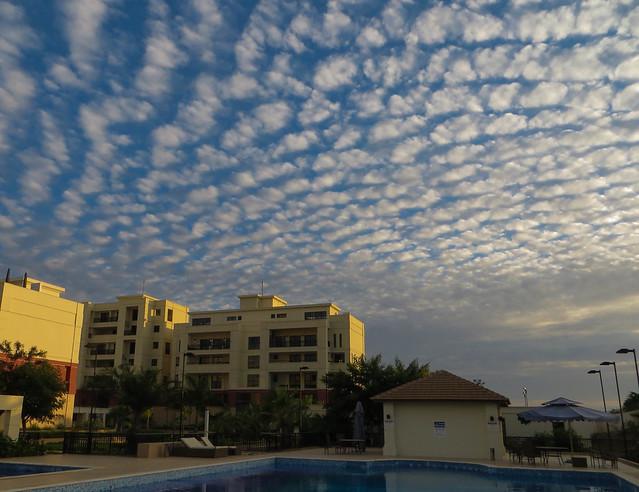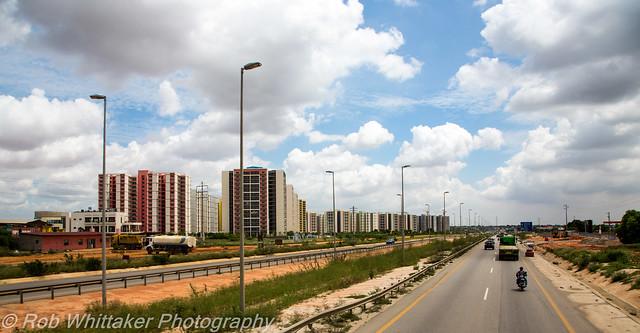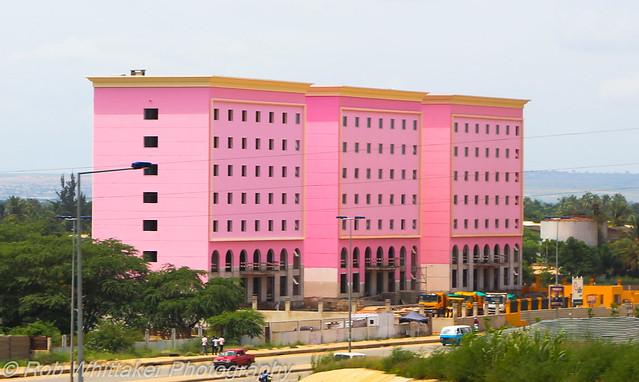
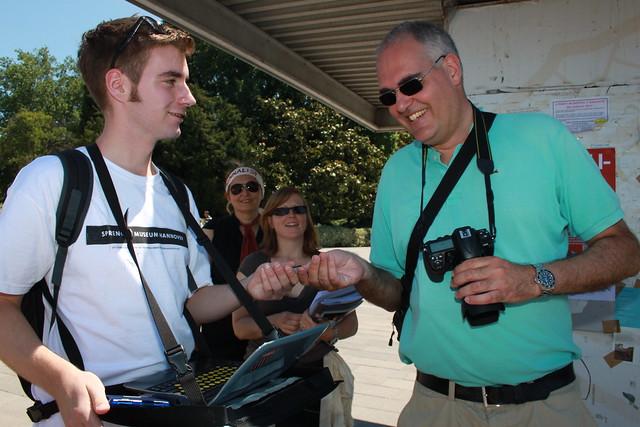
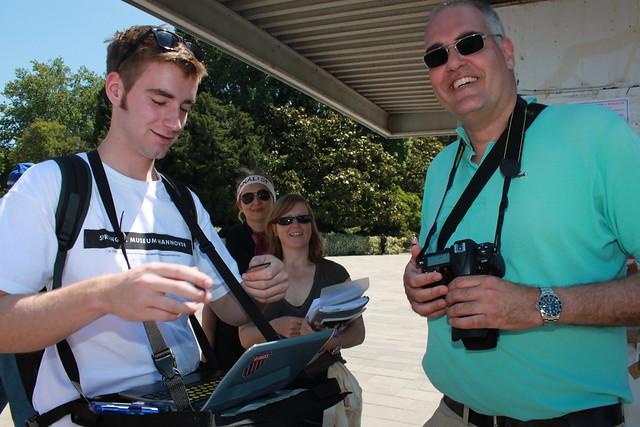

Luanda
Overview
Overview of Luanda
Luanda, the capital city of Angola and the largest city in the country, is a bustling metropolis that beautifully blends a rich historical legacy with a vibrant contemporary culture. The city is situated on the northern coast of Angola along the Atlantic Ocean, offering stunning coastal views and an inviting atmosphere. As you walk through its streets, you will encounter a mix of colonial architecture, modern skyscrapers, and colorful street art that tells the story of a city in transformation.
Cultural Melting Pot
Luanda is a melting pot of cultures, influenced by its indigenous Angolan heritage and Portuguese colonial history. The city is home to a diverse population, with various ethnic groups contributing to its unique cultural tapestry. Traditional music, dance, and art are essential aspects of life in Luanda. The sounds of *semba* and *kizomba*, two popular musical genres, resonate in the air, especially during local festivals and celebrations. The National Museum of Anthropology and the Museum of the Armed Forces offer insights into the country’s history, showcasing artifacts that highlight Angola's journey through colonialism and civil war to its current state of growth and rebuilding.
Vibrant Atmosphere
The atmosphere in Luanda is both energetic and welcoming. The city's streets are filled with the chatter of locals and the aroma of delicious street food, such as *muamba de galinha* (chicken stew) and *caldeirada* (fish stew). The bustling markets, like the *Mercado do Roque Santeiro*, offer a glimpse into daily life, where vendors sell everything from fresh produce to handcrafted goods. The nightlife in Luanda is equally exhilarating, with numerous bars, clubs, and live music venues where you can experience the local rhythm and enjoy the warm hospitality of Angolans.
Historical Significance
Luanda has a profound historical significance, having been a central hub during the Portuguese colonization and the transatlantic slave trade. The city is dotted with historical sites, such as the imposing *Fortaleza de São Miguel*, built in the 16th century, which offers panoramic views of the city and the ocean. The *Palácio de Ferro*, a striking iron palace built in the late 19th century, is another crucial landmark that reflects the architectural styles of the time. Visitors can also explore the *Catedral de Luanda*, a beautiful cathedral that showcases both Baroque and neoclassical influences.
Local Characteristics
One of the most distinctive features of Luanda is its coastline, which is lined with beautiful beaches such as *Praia do Futuro* and *Praia da Lua*. These sandy shores are popular for relaxation, social gatherings, and enjoying the sunset. Additionally, Luanda's culinary scene is thriving, with a growing number of restaurants that serve a mix of traditional Angolan dishes and international cuisine, reflecting the city’s cosmopolitan nature.
Conclusion
Travelers to Luanda will find an engaging city full of contrasts—where the echoes of the past coexist harmoniously with the vibrancy of modern life. Whether you are exploring its historical landmarks, indulging in local delicacies, or enjoying the warmth of its people, Luanda promises a memorable experience that will leave you with a deeper appreciation for this remarkable city and its rich cultural heritage.
Other towns or cities you may like in Angola
Explore other cities that share similar charm and attractions.



